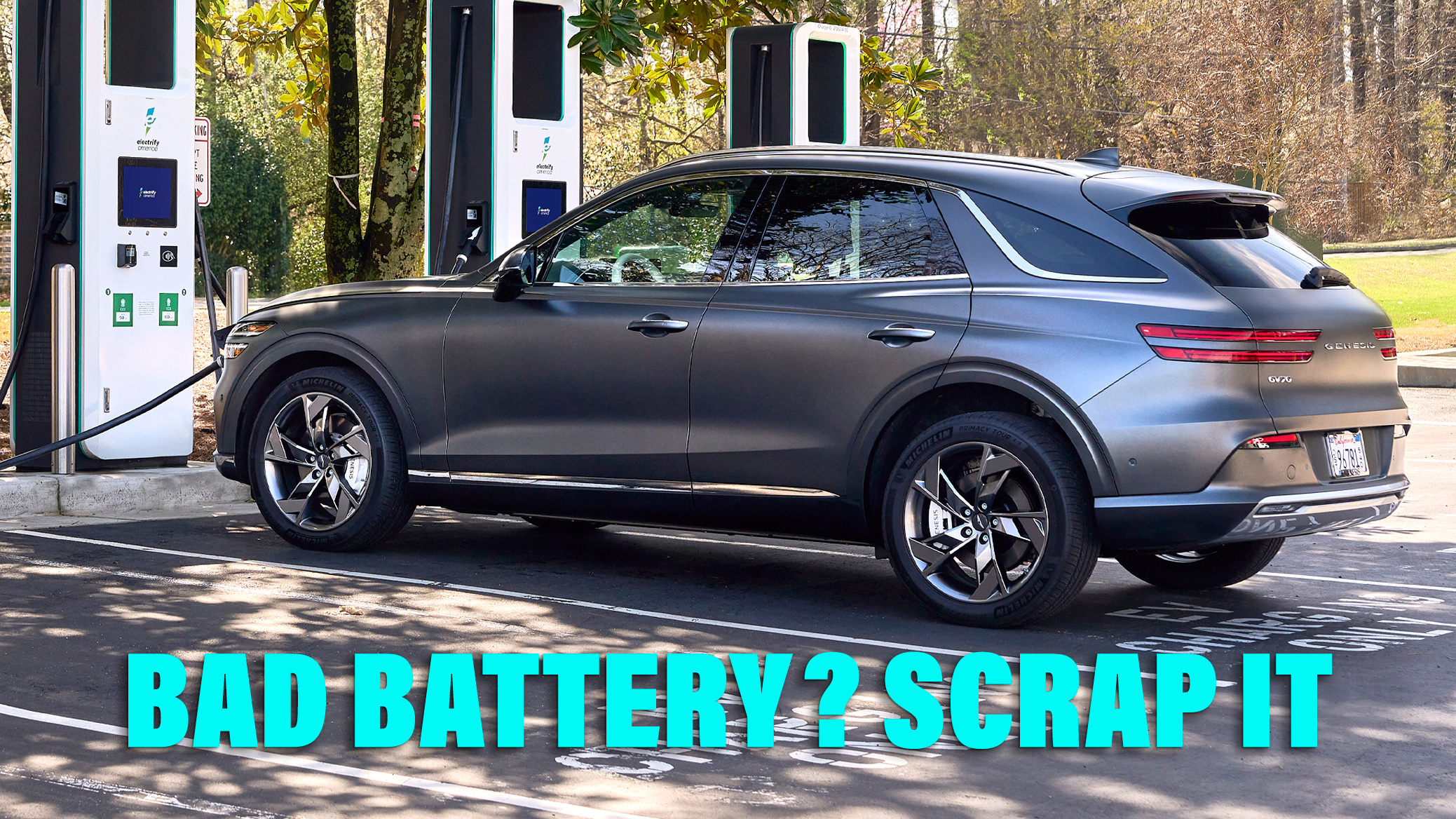Yes, where it really counts, like being able to charge the car in winter, getting more than 70% of advertised range, charging the car to 100% for a 300km trip. Surely the bZ4X is going to be so competitive in these regards which everyday drivers care a lot about. They will vote with their wallet and then ask for a refund.Enthusiasts may consider the bZ4X uncompetitive but it is still too early to know if it is uncompetitive where it really counts, the consumer market, where real, everyday drivers and buyers vote.
The bZ4X in its current state is indefensible and no sane person should ever consider buying one.
Same for the RZ450e, in ChDM Lexus has to offer a 80%/60%/50% guaranteed buyback after 1/2/3 years because they know their customers will get rid of it as soon as possible. So not only do they have to sell the car at a loss in the first place, they will take further loss buying back used cars at elevated price.


